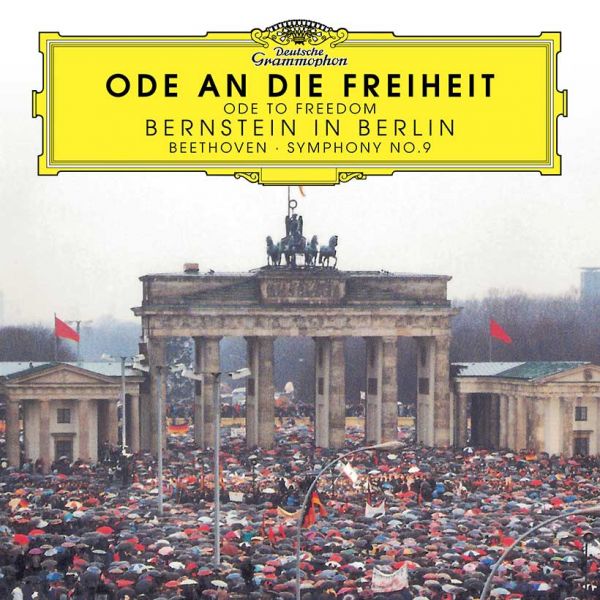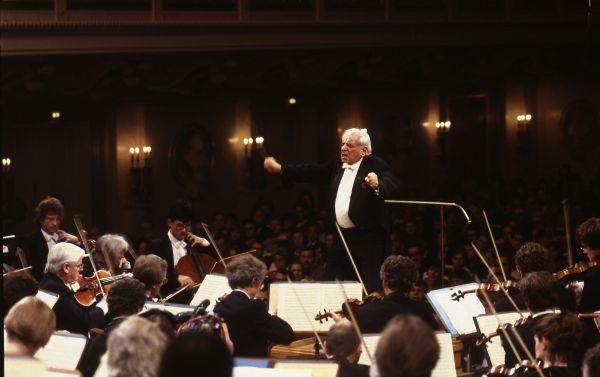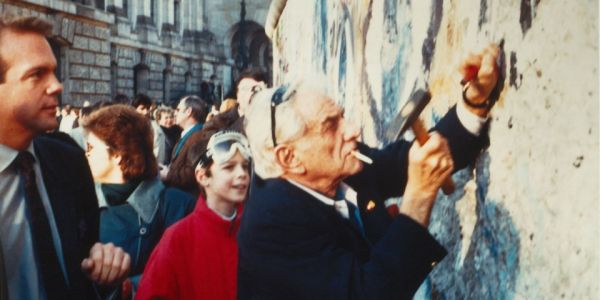Meditations on Freedom 2
Berlin, Christmas Night, 1989
At Christmas-time, 1989, corporate life in Berlin was still in a euphoric state, even if the logistical problems of Reunification had already reared their ugly heads. Reconstruction engineers from the West had taken a look at conditions in the East and determined that much of the infrastructure was hardly better than scrap. West Germany would have to completely rehabilitate the East. It cost the Westerners a fortune, perhaps three trillion dollars.
The Soviet leaders in the East had never grasped the need for continuous improvements. They had such a hostile attitude toward Capitalism, they hated the idea of accumulating capital for anything, out of principle. Americans accumulate capital for a number of reasons: capital accounts to pay for college educations, retirement nest-eggs, investment purposes, and so on. We take all the risks, so we get to enjoy the fruits of capital. The Soviets wrecked their economy out of hatred for capital. They gave their citizens empty promises and never made good on any of them.
So East Germany had fallen far behind freedom-loving Western countries. Entire cities in the East depended on telephone switching-stations built before World War II. No one had upgraded them in over fifty years! The rail service still depended on coal-fired locomotives. East Germany needed an influx of foreign capital so badly, it conscripted its own citizens to manufacture consumer-goods for the West German market. But there was never enough capital to modernize industrial plants and to improve water and air quality. Pollution took a toll on citizens' health. Only remote areas of North America had it so bad.
An even more serious situation emerged, concerning the East Germans themselves: to rehabilitate them—convert them internally to the realities of a freedom-loving nation, how to orientate them to personal choices, initiative, and a stand-off government. They had only known submission and fear for forty-odd years—trying not to fall afoul of prying Soviet eyes.
Still, Berliners had plenty to celebrate. By Christmas-time, things had settled down, but no one had forgotten how momentously 1989 had played out. To celebrate the collapse of the Berlin Wall with something culturally defining, the city put on a concert at the historic Konzerthaus, located at the Gendarmenmarkt in East Berlin.. On Christmas Night, an orchestra of hand-picked musicians from several countries and a choir of two hundred, including four soloists, performed Beethoven's 9th Symphony.
As near as I can gather, the idea for the Christmas concert originated with the American conductor Leonard Bernstein. He had the musical contacts in Berlin and enough of a reputation in the music-world to make it happen; and when the concert started, Bernstein himself conducted the orchestra—a swan-song of sorts for him. He died only ten months later.
My readers can watch the entire concert on YouTube. If you especially like Beethoven's 9th, you may find yourself craving to watch it again and again. The decision to use two hundred singers must have raised some eyebrows. Beethoven would never have used such a large choir; but no one can quibble about the effect it has on audiences—moving enough to trigger hysterical laughter and weeping, occuring at the same time. (Take it from me.)
The first three movements display Beethoven's usual bold musical attributes. The final movement, a choral movement gives the 9th its special status and features Beethoven's musical take on a poem by Friedrich von Schiller, titled "An die Freude," and known by Americans as "Ode to Joy." It fills the heart with something warm and pulsating.
Not only did a full-capacity audience attend the concert, but another audience estimated at 20,000 filled the plaza surrounding the Konzerthaus—braved the cold of the late-December night for more than an hour, listening to the concert over loudspeakers.
Other than the size of the choir, the other element that made this performance different from other performances was the use of the word Freiheit—"freedom"—in place of Freude—"joy," as Schiller had composed it. Leonard Bernstein and others said that Schiller himself would have preferred the word Freiheit, but he couldn't risk it. The royal authorities would label him a revolutionary. He had been on the run for much of his adult life, because of the revolutionary content of his plays, which often dealt with citizens rising up against royal rulers.
I disagree with that analysis. Schiller had trouble with the royal authorities wherever he went, but that did not stop him from writing plays. He understood that people want Joy more than Freedom. They will use freedom as needs be--freedom as means to an end. Beyond that, its use becomes dubious. But more and more, prominent Americans use "Freedom" tendentiously, religiously, and vindictively. They turn "Freedom" into a politicized term and ram the word relentlessly down our throats—actually opposing the culture of contentment, exploiting the aura of "freedom" for their own purposes. Nowadays, resentful, thwarted Americans use the term freedom hatefully--against the happiness of other people.
They want to browbeat us with the recognition that our freedom is not more important than other peoples' freedom. We shouldn't think of freedom as a privilege to hoard for our own greedy selves, disregarding others' needs. We should give away freedom selflessly. We should embrace freedom selflessly, to benefit those who have no freedom—thanks to our fascist, capitalist empire and our rapacious controlling of other peoples' lives?
Who is controlling whom? We don't own these people. Why don't any of these cranks get their own country, and leave us alone with our culture of consumerism and contentment? In their own country, they could browbeat each other about freedom all they want. This vindictive spirit on the Left troubles me, inasmuch as the left-wing rhetoric about freedom usually works against the utility of freedom—against the culture of contentment and absence of fear.
They don't want freedom for its own utility, but to use it against us. It has a air of browbeating and intimidation more reminiscent of East Germany. It also worries me that the Left has actually given up on Freedom as something doable. Better control people with fear and browbeating.
The paranoia caused by the political environment of browbeating and intimidation makes us want to lower the boom on the Left. Alternatively, many of us wish we could ESCAPE! We wish we could cross the new Berlin Wall to a new society based on freedom, personal initiative, and the culture of Joy. At some point in the future, many Americans may want to make their getaway. They will have to confront the same predicament as the East German ESCAPEES. Once the euphoria wears off, we will have to ask, where to we go from here?
We freedom-lovers better have some contingency plans.



